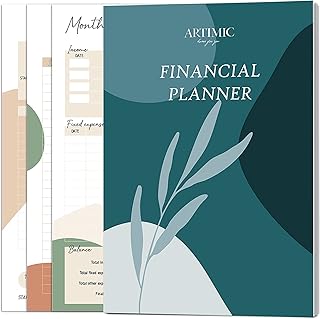Financial paraplanners play a crucial role in supporting financial advisors and planners by handling administrative tasks, scheduling, note-taking, and document organization. They are key players in assisting advisors in analyzing clients’ financial situations and preparing reports. While paraplanners may not directly interact with clients, their contributions are vital to the smooth functioning of financial planning practices.
When considering a career in paraplanning, understanding the average salary is essential. Salaries can vary based on factors such as experience, location, and the employing firm. As of January 2024, top career sites reported average paraplanner salaries ranging from $46,666 to $74,000 annually. This salary range indicates the earning potential for professionals in this field.
Paraplanners can generally be categorized into career paraplanners and those aiming to transition into financial advising roles. Career paraplanners focus on long-term paraplanning roles, while others use the position as a stepping stone to becoming financial advisors. Entry-level salaries for both types of paraplanners are typically comparable, but long-term earning potential may differ based on career trajectories.
There are no strict industry-specific requirements to become a paraplanner, although a bachelor’s degree in a finance-related field is often preferred. Obtaining professional certifications, such as the Financial Paraplanner Qualified Professional (FPQP) designation, can enhance one’s expertise and career prospects. These certifications cover various financial planning aspects, equipping individuals with the skills needed to excel in the field.
For individuals aspiring to enter the paraplanning field, exploring job opportunities is essential. Platforms like LinkedIn, traditional job boards, and social media can be valuable resources for finding paraplanner positions. Networking and leveraging connections within the financial industry can also lead to potential job openings. Understanding the qualifications, salary expectations, and benefits of each role is crucial when pursuing paraplanner positions.
While salary is a significant consideration, gaining experience and honing skills in the financial services industry are equally important for paraplanners. Obtaining professional licenses and certifications can not only boost career advancement but also increase earning potential over time. Researching the requirements for certifications like the Certified Financial Planner (CFP) exam can aid in making informed decisions about career development.
In conclusion, a career in paraplanning offers a gateway to the financial services industry, providing valuable experience and opportunities for professional growth. Understanding the nuances of the role, exploring certification options, and seeking out suitable job opportunities are essential steps towards building a successful career in paraplanning.
📰 Related Articles
- Survey Reveals Vital Role of Paraplanners in Financial Advisory
- Paraplanners’ Evolving Role: Key Innovators in Financial Services
- Paraplanners’ Evolving Role in Financial Advisory Services
- Paraplanners’ Crucial Role in Financial Advice Evolution Unveiled
- South African Financial Media Criticized for Misrepresenting Dr. Iqbal Survé’s Role in AYO Technology






